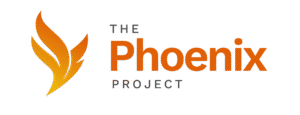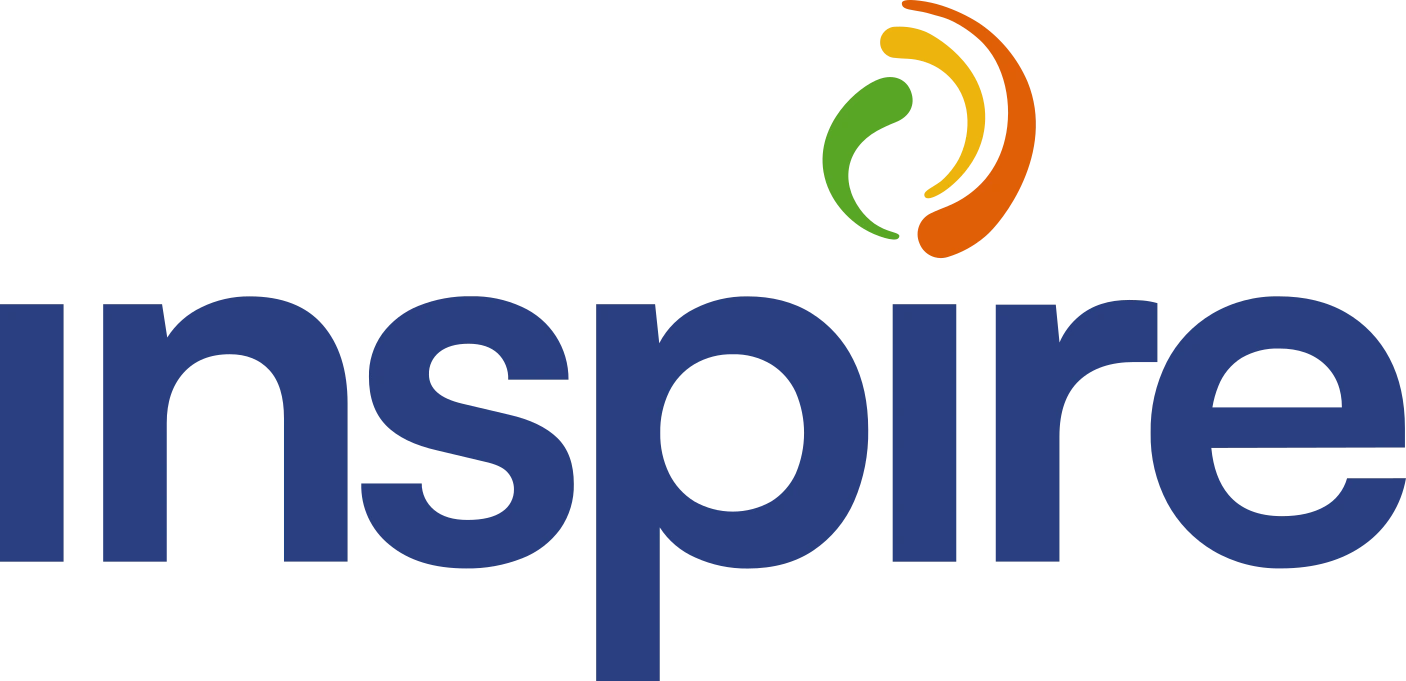
- This event has passed.
The Phoenix Project Webinar Series: De-Implementation 101

Join us for The Phoenix Project Capacity-Strengthening Webinar Series, a structured series of virtual sessions to build knowledge and mobilize diverse stakeholders before the open call. Our session on 23 October 2025, will be on practical tools for ethically scaling down or transforming services.
This webinar is free and open to all. Registration is required to receive the Zoom webinar link. Register to attend.
Featured Speakers
 Virginia (Ginger) McKay
Virginia (Ginger) McKay
Ginger McKay, MA, PhD, is an assistant professor at WashU School of Public Health. Her research is centered around the dissemination and implementation of evidence-based practices, with a particular focus on sustaining effective interventions and de-implementing ineffective or harmful practices.
McKay examines these issues in the context of infectious disease, antimicrobial stewardship, and cancer, employing mixed methods and systems science approaches to tackle research questions in these areas. As an affiliated faculty member of the School of Public Health’s Center for Public Health Systems Science, she supports the center’s projects related to evidence-based public health and systems science, furthering efforts to enhance public health infrastructure and outcomes.
 Sara Malone
Sara Malone
Sara Malone, MSW, PhD is an assistant professor at WashU School of Public Health. Her work focuses on evidence-based care delivery, primarily in pediatric settings. She is interested in improving the quality of care provided to children admitted to the hospital. To do this, she uses theory and methods from implementation science and systems science to study how teams in these settings can best implement and sustain evidence-based programs and practices.
About the Phoenix Project
The mythical phoenix, symbolizing rebirth and resilience, inspires this project’s focus on the adaptability and sustainability of HIV programs amid shifting resources and policies. As many programs in resource-constrained settings face funding cuts, policy changes, and health system integration, there is an urgent need for capacity strengthening and the sharing of best practices. The Phoenix Project offers a timely platform to surface and amplify solutions that safeguard services, minimize disruptions, and reinforce community leadership. By capturing diverse perspectives and practical strategies, the project seeks to strengthen program resilience, promote scalable and sustainable financing models, and generate evidence to guide policies and donor investments in Africa and other low-resource regions.
